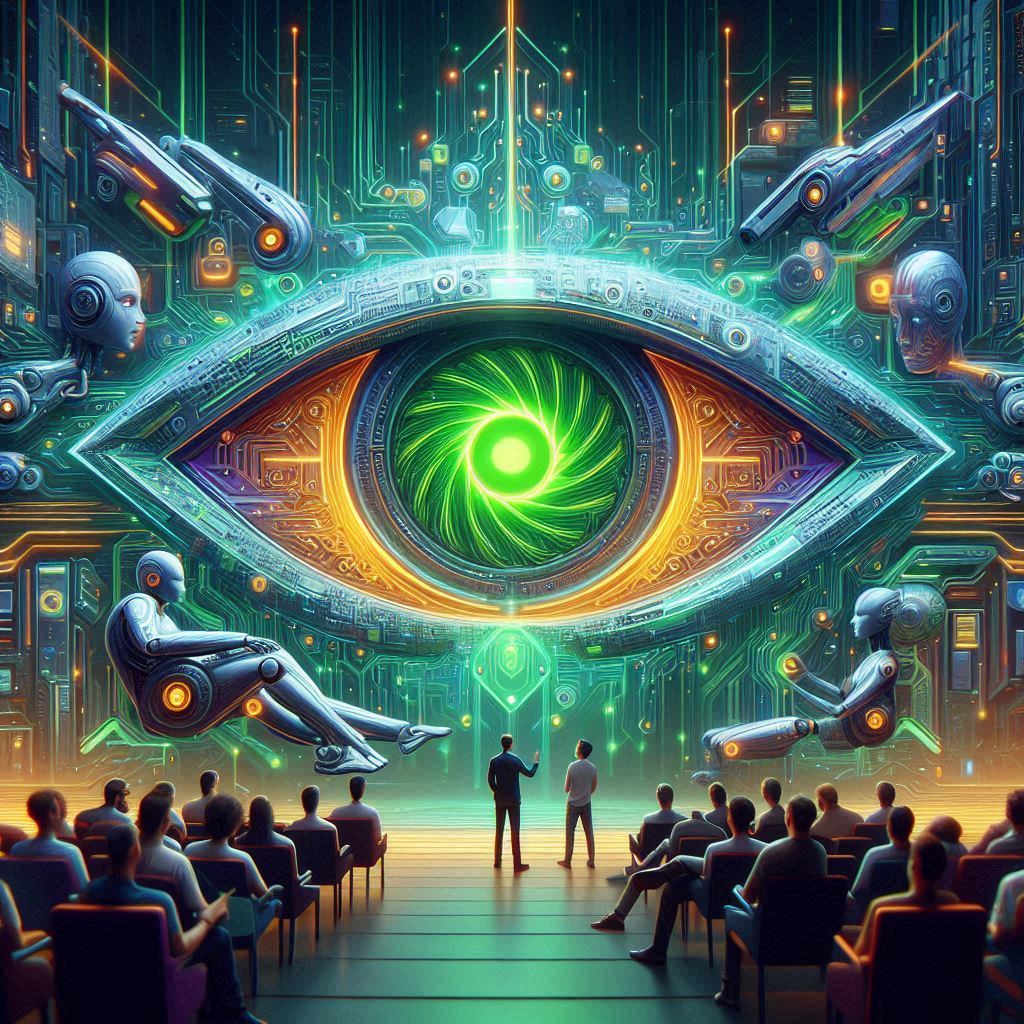
In a high-profile fireside chat at Siggraph 2024, Meta CEO Mark Zuckerberg and Nvidia CEO Jensen Huang discussed the transformative potential of artificial intelligence, unveiling ambitious plans to revolutionize both personal and business interactions with AI.
Zuckerberg introduced Meta’s latest innovation, the AI Studio, a new platform enabling users to create custom AI chatbots for applications such as WhatsApp and Instagram. The platform leverages the advanced Llama 3.1 model, allowing businesses to build chatbots that automatically handle user queries on social media. AI Studio aims to empower creators by enabling them to develop AI characters that extend their reach and engagement with fans.
Huang echoed Zuckerberg’s enthusiasm, predicting that in the future, every business will have an AI as standard as an email address or website. Both CEOs highlighted the potential of generative AI to deliver highly personalized services, suggesting that future advancements will enable digital assistants to provide tailored content and responses in real-time.
“The integration of generative AI will not only recommend content but also create it on the fly, adapting to individual preferences,” Zuckerberg stated. Huang added, “Imagine AI systems that generate images and responses dynamically as you interact with them, enhancing user engagement.”
Open-source AI also featured prominently in the discussion. Zuckerberg lauded Meta’s release of the Llama 3.1 model as a significant investment in open-source AI, aimed at driving innovation and improving quality industry-wide. Huang praised the impact of Meta’s previous Llama 2 model, noting its role in sparking widespread AI development across various sectors. He expressed high anticipation for the new model’s potential, describing the excitement from enterprises as "off the charts."
Nvidia is among the partners offering access to Llama 3.1 through its AI Foundry platform, which allows businesses to develop custom models for specific use cases. Huang expressed hope that this collaborative effort will lead to a resurgence of the open ecosystem in computing.
Looking to the future, Zuckerberg and Huang outlined visions for AI seamlessly integrating into everyday life. Zuckerberg highlighted Meta’s work on smart glasses and mixed-reality headsets equipped with AI, aiming to provide real-time information and interactive experiences. Huang emphasized the evolution of AI interactions, suggesting future systems will go beyond simple text-based responses to simulate multiple outcomes and provide more sophisticated interactions.
The conversation concluded with a lighthearted moment as the CEOs exchanged jackets, with Zuckerberg donning Huang’s iconic black leather jacket, symbolizing their collaborative spirit.
As AI continues to advance, the insights shared at Siggraph 2024 underscore a future where AI becomes an integral part of daily life, enhancing both personal experiences and business operations.